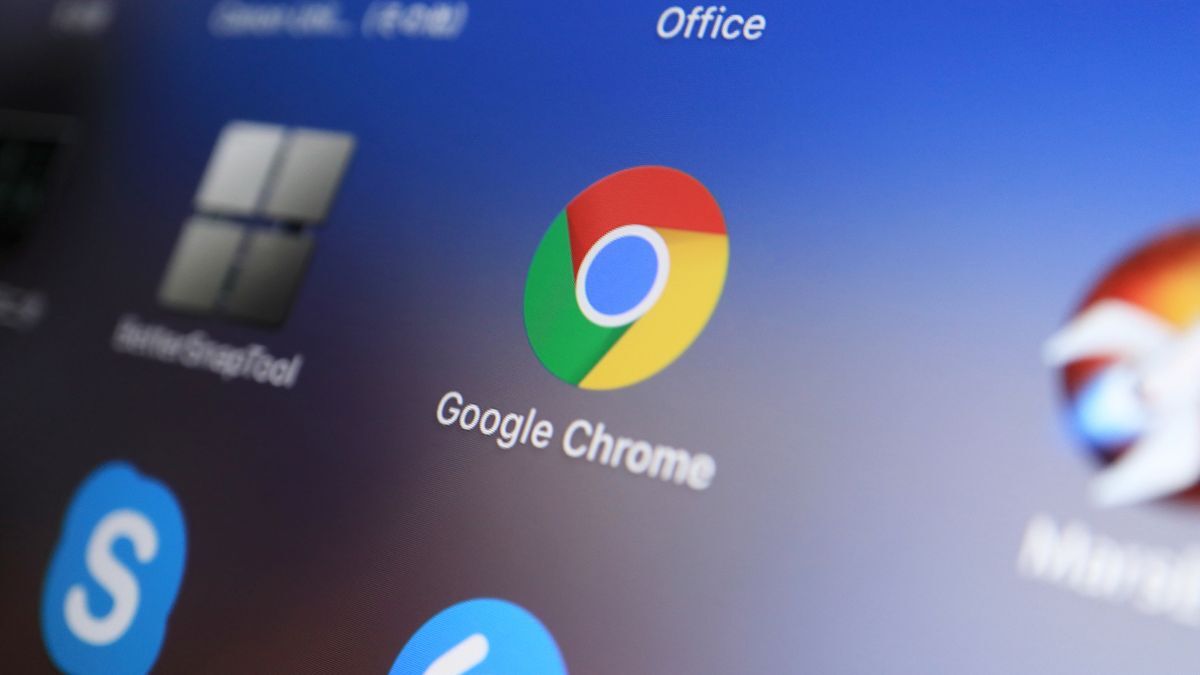Clearly, Google is serious about trying to oust ad blockers from its browser, or at least those extensions with fuller (V2) levels of functionality. One of the crucial twists with V3 is that it prevents the use of remotely hosted code – as a security measure – but this also means ad blockers can’t update their filter lists without going through Google’s review process. What does that mean? Way slower updates for said filters, which hampers the ability of the ad-blocking extension to keep up with the necessary changes to stay effective.
(This isn’t just about browsers, either, as the war on advert dodgers extends to YouTube, too, as we’ve seen in recent months).
At any rate, Google is playing with fire here somewhat – or Firefox, perhaps we should say – as this may be the shove some folks need to get them considering another of the best web browsers out there aside from Chrome. Mozilla, the maker of Firefox, has vowed to maintain support for V2 extensions, while introducing support for V3 alongside to give folks a choice (now there’s a radical idea).



I use Librewolf on desktop and Mull on mobile. I have a few extensions on both, which could definitely contribute to issues. When I have issues (usually government sites or financial stuff, sometimes DRM-related stuff for media) it’s easier to just use a Chromium-based browser with no extensions than try to troubleshoot specifically what’s causing the issues. I keep Falkon (desktop) and Vanadium (mobile) installed for this purpose.
I get the feeling a lot of issues people are having in Firefox might be due to extensions or settings, which gets “fixed” by using another browser (which happens to be Chromium-based because most browsers are) and they blame the issue on Firefox itself.